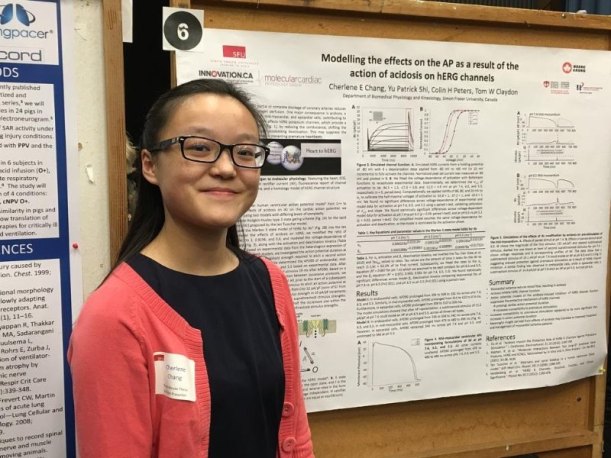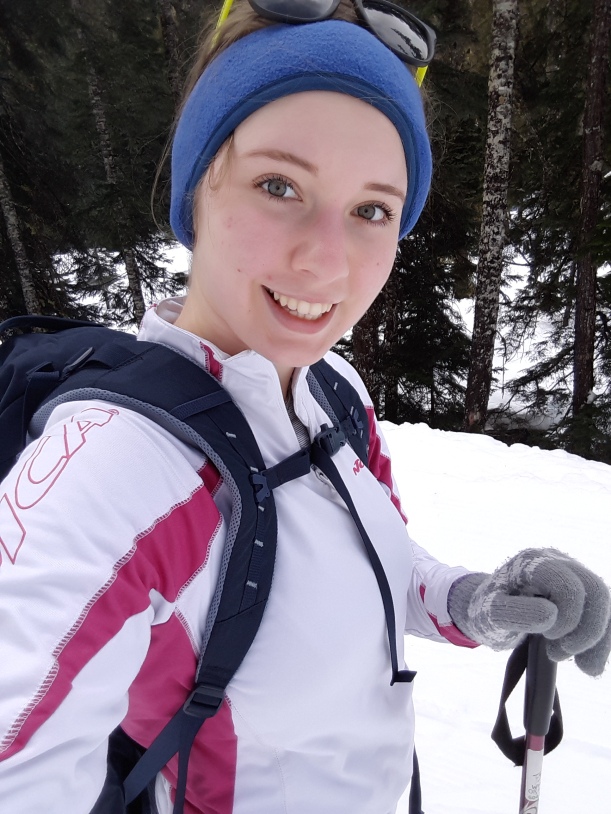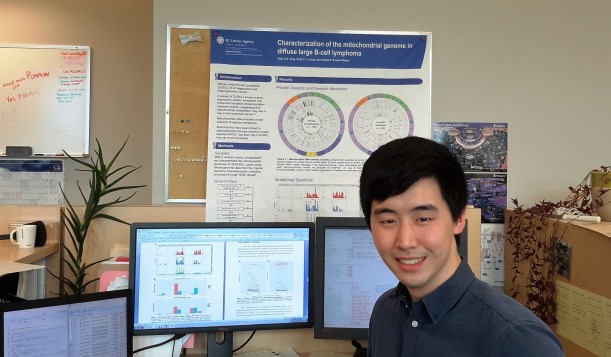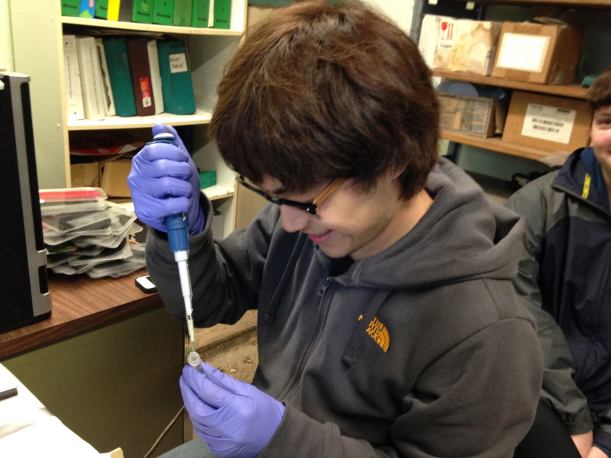Introducing Cherlene Emma Chang of the Department of Biomedical Physiology and Kinesiology!

Name: Cherlene Emma Chang
Department: Biomedical Physiology and Kinesiology
Year: Third
Supervisor: Dr. Tom Claydon
Q: What do you want to be when you grow up?
A: A bioinformatical and clinical researcher. Computation is an increasingly invaluable skillset in the life sciences to quantify
scientific observations, while clinical relevance engages research with the treatment and management of patients to improve their
quality of life.
Q: How did you get involved in research?
A: I got involved in research through the BPK Co-op Program. Co-op is great for students to explore their career options and gain
valuable experience in their respective fields.
Q: What have you been working on in your research so far?
A: I have modelled the effects on the cardiac action potential as a result of the action of low pH on hERG potassium channels.
Myocardial ischemia occurs when blockage of coronary arteries reduces blood flow, preventing adequate oxygen perfusion. One
major consequence is acidosis, a reduction in local pH, contributing to cardiac arrhythmia. Acidosis profoundly affects hERG
potassium channels which provide a major repolarizing drive in the heart, and may suppress the protective mechanism of hERG
channels in preventing premature heartbeats.
Q: What will you be working on this summer?
A: This summer, my project is on zebrafish (Danio rerio) hearts as an excellent model of human cardiac electrophysiology. I will
use zebrafish hearts to study the action potential duration and cytoplasmic calcium handling using optical mapping techniques. I
aim to assess the effects of acidosis on irregular heartbeats using computer simulations.
Q: What is a typical “day in the life” in the lab for you?
A: I strike a balance between computational analysis and running experiments, where I write code in MATLAB and record ionic
currents in frog eggs (Xenopus laevis oocytes). I find that analyzing the data I collected firsthand enriches my research experience
through offering a well-rounded perspective on how each task fits in the bigger picture.
Q: What’s your favourite course that you have taken so far in your degree?
A: Introduction to Biological Physics (PHYS 347). Specifically, the electric circuit model of action potential propagation along a
neuron offered a fresh quantitative perspective on physiology.
Q: If you were a scientific lab instrument, which one would you be?
A: If I were a scientific lab instrument, I would be a computer. I enjoy modeling experimental data to equations, generating figures
for publications, and preparing powerpoint slides for presentations.
Q: What’s the funniest thing in research that’s happened to you?
A: During the 2017 BPK Research Day, I tripped down the stairs in the auditorium in my three-inch platform boots and spilled water
on myself. I laughed it off. Surprisingly, this incident calmed me down for my upcoming three-minute thesis and poster
presentations.
Q: What scares you the most in research?
A: The uncertainty of the future. Researchers apply for grants to get funded. Oftentimes there are more up-and-coming researchers
than grants available. Nonetheless, I will put my best foot forward in securing future grants.





 Name: Jennifer Yi
Name: Jennifer Yi


